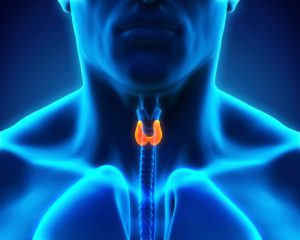When disaster hits there is often very little time to prepare. By taking the time to gather a few items in advance for yourself and your loved ones, you will be able to get through the first few days until help arrives.
An Emergency Preparedness Kit should include:
- One gallon of water per person per day, a minimum of a three day supply
- Nonperishable food and easy to prepare items, three day supply per person
- Battery powered radio
- Battery powered flashlight
- Cell Phone and chargers
- Whistle to signal for help
- Moist towelettes
- Garbage bags
- Diapers and formula for people with babies
- First aid kit
- Prescription medications
- Insurance documents
- List of important contact names and numbers
- Cash
- Fire extinguisher
- Matches in a water proof container
- Three day supply of pet food
- Personal hygiene items
- Paper and pencil
- Paper cups, plates, utensils, paper towels
- Towels, blankets, sleeping bags, pillows
- Rain gear
- Gloves
By keeping these items in a safe, easy to access place in your home, they will serve you well in case of an unforeseen emergency. For further information regarding Emergency Preparedness, there is information available on the following websites:
All content of this newsletter is intended for general information purposes only and is not intended or implied to be a substitute for professional medical advice, diagnosis or treatment. Please consult a medical professional before adopting any of the suggestions on this page. You must never disregard professional medical advice or delay seeking medical treatment based upon any content of this newsletter. PROMPTLY CONSULT YOUR PHYSICIAN OR CALL 911 IF YOU BELIEVE YOU HAVE A MEDICAL EMERGENCY.




